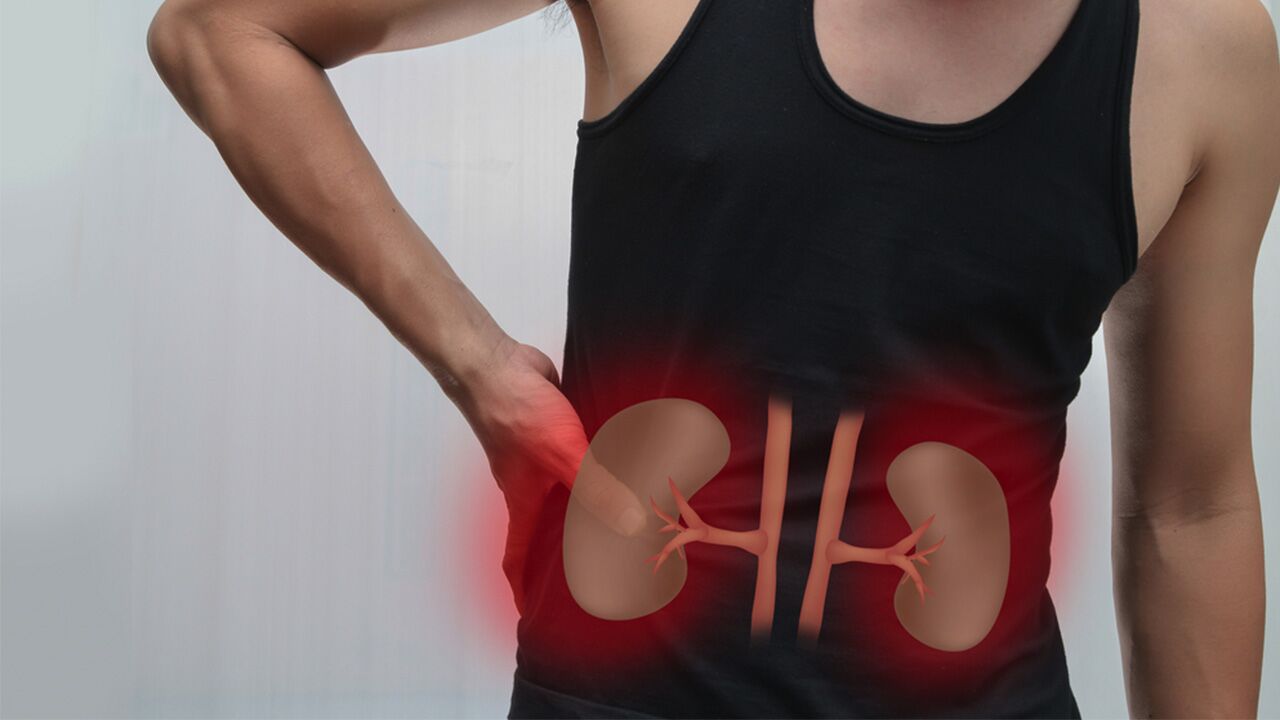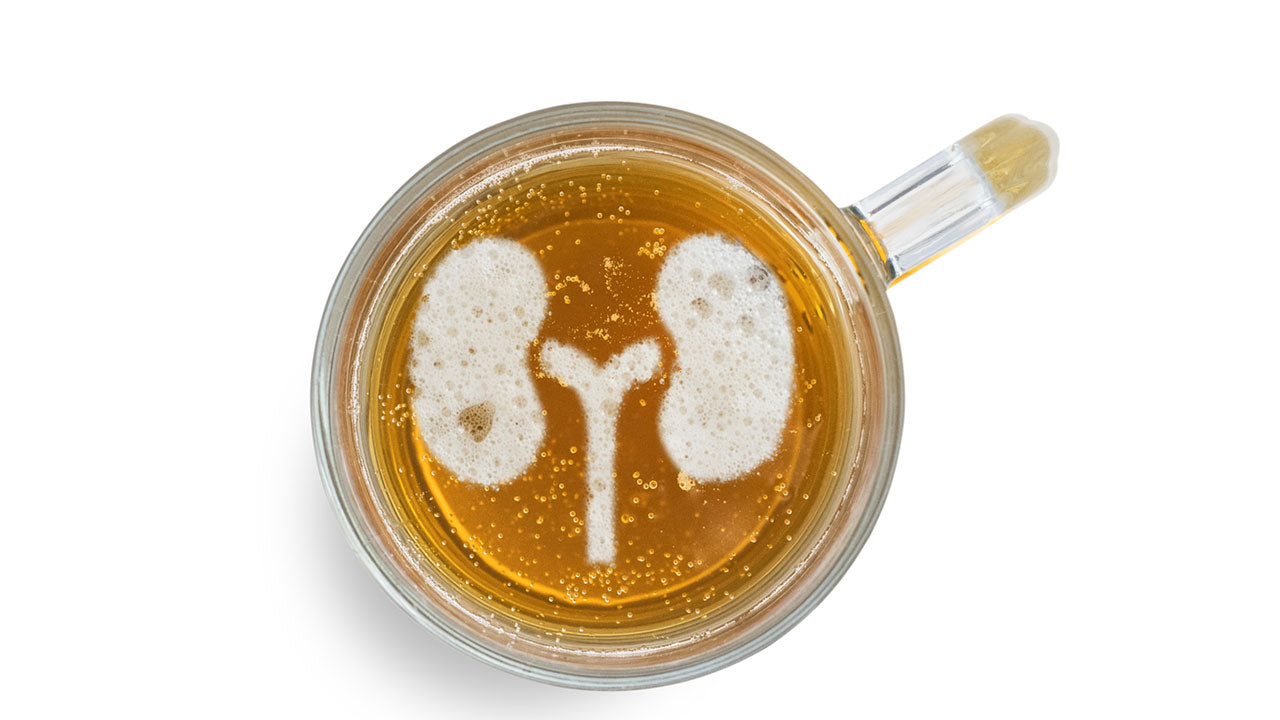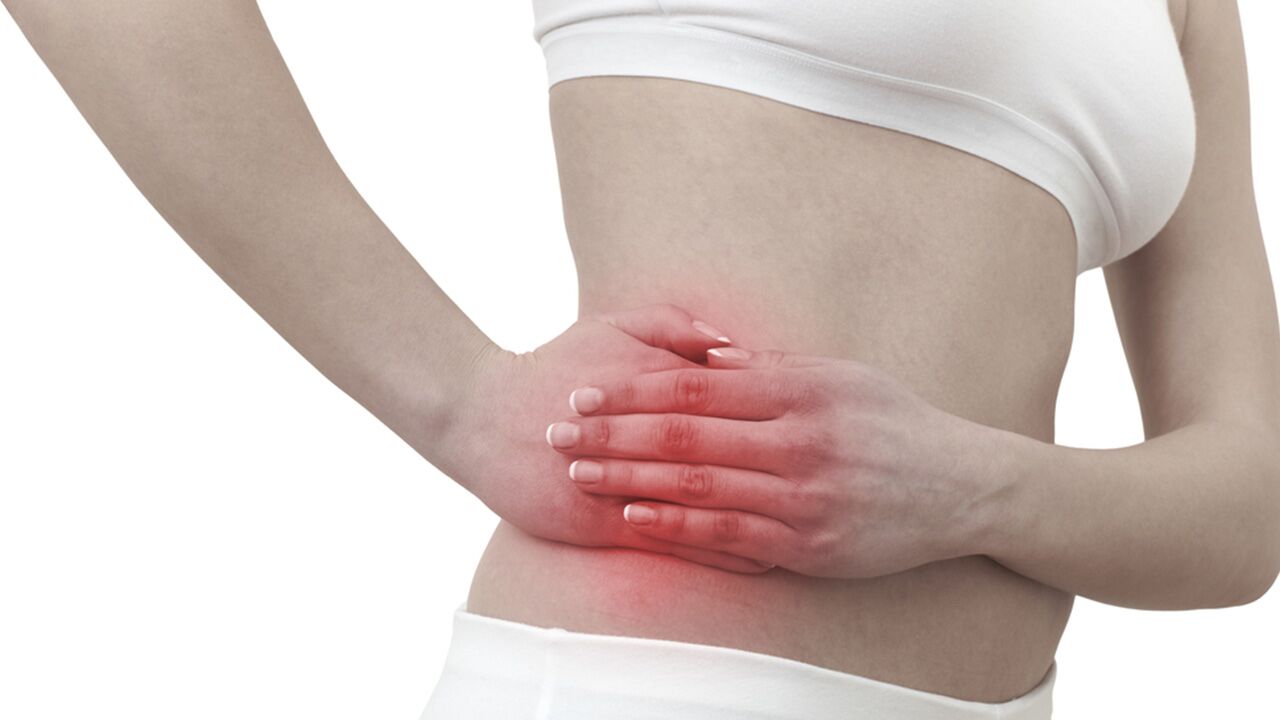Kidney Failure: How It Happens and What You Can Do to Prevent It
 By: by Amino Science
By: by Amino Science

Your kidneys are an important organ with a very important job; they filter waste products from your blood and help to control your blood pressure, electrolyte balance, and red blood cell production in your body. When your kidneys are not functioning properly, waste and excess fluid can build up, leading to serious issues, including kidney failure. There are numerous causes of kidney failure, ways to effectively treat it, and most importantly, measures you can take to prevent kidney failure from happening.
A Closer Look at Your Kidneys
You have two kidneys on either side of your spine, each roughly the size of your fist, deeply set in your abdomen. Made up of millions of nephrons, these tiny filtering systems take in blood, filter through it to clear out any toxins, and pass remaining fluid along to a tubule. Here, water and other chemicals are added or removed to provide your body with what is necessary to function. At the end, any remaining waste or extra fluid is excreted as urine. Your kidneys have an important job of keeping your electrolytes and water balance in check and ridding your blood of waste once you have received the hormones, vitamins, amino acids, and other substances you need.
If one or both of your kidneys are not working properly and cannot rid your body of waste, excess water, and toxins, you get a buildup that can end up back in your bloodstream and lead to serious complications in all areas of your body.
What Causes Kidney Failure?
Your kidneys play such an essential role in how your body functions, that as soon as they begin to fail, your health can rapidly decline. There are several causes behind loss of kidney function, however the majority of the conditions can be controlled with proper treatment of the issue. Treating the underlying condition can help prevent your kidneys from failing or at least slow down the process if kidney disease has already begun.
Your risk for kidney failure can increase due to:
- Severe dehydration following an illness
- Excessive water loss from medication
- High blood pressure
- Blood flow issues in other areas of the body
- Diabetes
- Glomerulonephritis (damages filtering units of kidneys)
- Polycystic kidney disease (a hereditary condition marked by fluid-filled sacs in your kidneys)
Acute Kidney Failure
If your kidneys fail out of the blue, it is called acute kidney failure. With prompt treatment, the condition can be reversed and your kidneys can return to normal function. Renal causes of kidney failure include:
- Drug-induced injury: Certain medications and supplements can lead to kidney damage and renal failure. Long-term use of antibiotics, chemotherapy treatments, imaging test dyes, and non-steroidal anti-inflammatory drugs (NSAIDs), diuretics, and creatine all have been shown to put extra stress on your kidneys.
- Sepsis: Often caused by an infection in your body, sepsis occurs when your immune system responds to the infection but does not shut off and continues to release chemicals into your bloodstream. This constant output leads to full-body inflammation, which can turn life threatening quickly. Your blood pressure can drop to dangerous levels during sepsis, negatively affecting your kidneys and causing acute renal failure.
Postrenal Kidney Failure
Postrenal kidney failure occurs when part of the urinary tract is obstructed, causing waste to build up in the kidneys. Causes of postrenal kidney failure include:
- Faulty bladder: If your bladder isn’t emptying properly, either from conditions such as a spinal cord injury or a stroke, a buildup of waste in the bladder can occur.
- Enlarged prostate: Urine can back up in the bladder if an enlarged prostate gland is causing pressure on the urethra.
- Kidney stones: Can develop in the kidney or urethra and cause blockages.
- Blood clots or tumors: Either in the ureters or urethra, these clots can obstruct bladder flow and function.
Chronic Renal Failure
Chronic renal failure, also called end-stage renal disease (ESRD), develops over several months or years and is kidney damage that worsens with time. Unfortunately it cannot be cured and requires that you undergo dialysis or a new kidney via surgery to survive.
Symptoms of Kidney Failure
You may at first be unaware your kidneys are not working properly, as symptoms do not initially show up in the early stages of kidney failure. Your body is able to adapt for a period of time, so you may not recognize any signs until severe damage has occurred. As your kidney(s) begin to lose function, certain symptoms can pop up to alarm you to seek medical assistance.
Renal failure symptoms that indicate a serious problem include:
| Nausea and vomiting | Lethargy |
| Weakness and fatigue | Loss of appetite |
| Joint stiffness, swelling, and pain | Chest pain |
| Congestive heart failure | Persistent itching |
| Shortness of breath | High blood pressure |

How Kidney Failure Is Diagnosed
Often someone visits their doctor for another medical condition or symptom and kidney failure is discovered as a consequence of their disease or injury. If you have chronic kidney disease due to diabetes, high blood pressure, or another related health problem, your health care provider most likely monitors kidney function regularly. Tests to confirm kidney failure often include blood tests, urine tests, and abdominal ultrasounds.
Treating Kidney Failure
In most cases, kidney disease is preventable, but not curable. If the condition is underway and causing issues, dialysis is an effective treatment option.
There are two different types of dialysis. Dialysis hemodialysis, called “hemo” for short, uses a machine to clean your blood, and it can be done at a dialysis center or at home. Peritoneal dialysis can also be done at home and is a treatment that uses your peritoneum, the lining of your belly, to clean your blood with a special solution.
If your condition is serious enough and you require surgery, a kidney transplant may be an option. A kidney transplant takes a healthy kidney from another person, usually from a relative or a donor, and surgically attaches it inside your body. After transplanting the healthy kidney, normal renal function typically returns and your health drastically improves.
Preventing Kidney Failure
The best way to avoid kidney issues or renal failure is to take measures to prevent it. If you suffer from a chronic condition due to diabetes or hypertension, it is vital you work with your health care team to follow proper management routines and take prescribed medication as necessary. Keeping these conditions in check can help take stress off your kidneys and avoid progressive damage. Remember to follow a kidney-friendly diet, exercise routinely, maintain a healthy lifestyle, and manage your risk factors to help prevent kidney failure.
Kidney-Friendly Diet
A kidney-friendly meal plan is essential for preventing kidney problems or maintaining your health if you have a condition that affects how they function. You may want to consult with a dietician to understand what foods may or may not be appropriate. Staying at a healthy weight and eating a balanced diet that is low in salt and fat can help you control blood pressure.
Protein
A diet with a healthy amount of protein is able to effectively fight infection, heal from illness or injury, and build muscle. While it is necessary nutrient, too much protein can be harmful, especially to someone who is trying to avoid kidney issues or wants to prevent the disease from progressing.
Protein-waste is difficult to remove and can build up in the blood when your kidneys are not doing their job properly. For this reason, some doctors recommend moderate protein intake if kidney function is compromised. Taking a balanced essential amino acid supplement is one way to get the protein you need for optimal health, while keeping your kidneys healthy. Learn more about essential amino acid supplements and kidney failure in this blog, written by amino acid expert Dr. Robert Wolfe.
Carbohydrates
You may also need to watch your carbohydrates carefully if you have diabetes or are looking to prevent kidney issues. Include a variety of fruits and vegetables in your diet and try to avoid high-sugar items, soft drinks, fruit juice, and processed foods.
Fat
We all need a healthy amount of fat in our diets, as it provides needed fuel for our bodies and helps us get the most nutrients from other foods that we eat. However, if we consume too much fat, especially unhealthy kinds, we begin to carry excess weight, risk the health of heart and organ tissues, and potentially bring on an array of health concerns. Fast food, processed meats, and butter are good items to put on your “do not eat” list. There are healthy fats available that are beneficial to add to your daily meals. These include avocados, olive and coconut oil, lean meat, nuts, and eggs.
Sodium
There is often a lot of talk about sodium in our diets, which is better known as salt. It is in a large amount of the foods we eat, especially in the processed and preserved items found on grocery store shelves. A diet high in salt can up your blood pressure, increase your thirst, and cause inflammation and swelling throughout the body. A continued diet high in salt can damage organs like your heart, kidneys, and blood vessels, leading to long-term issues.
When possible, limit the amount of salt you add when cooking or after your meal is prepared. There are many alternatives to add flavor, including herbs, spices, and fresh lemon juice. Avoid canned goods as much as possible as they are packed with added sodium, and opt for fresh vegetables (frozen if you must). Lunch meat and bacon are also high in salt and should be limited in a kidney-friendly diet.
Potassium
Potassium is a mineral found in almost all foods. Your body needs some potassium to make your muscles work, but too much potassium can be dangerous. When your kidneys are not working well, your potassium level may be too high or too low. Fill your plate with lower-potassium foods like apples, cranberries, grapes, pineapples, strawberries, cauliflower, onions, peppers, radishes, squash, and organic beef and chicken.
Amino Acids
Following a kidney-friendly meal plan may make it hard for you to get all the vitamins and minerals you need. To help you get the right amounts, your dietitian may suggest a special supplement made for people with kidney disease. In particular, amino acids can be very beneficial for someone with kidney disease or for those wanting to prevent developing a renal condition.
Research has shown that people with chronic renal failure, specifically on hemodialysis, have low essential amino acid concentrations and protein levels in their blood, especially when following a low-protein diet. Since kidney disease requires a reduction in protein intake to minimize the burden of ammonia and urea on the kidney, supplementing with essential amino acids can bring many benefits.
A study found an oral supplement of six selective amino acids slowed the progression of renal failure and that amino acid and protein deficiencies can be successfully corrected by adding amino acid supplements. Plus they can help improve general health, vitality, and physical function.
Essential amino acids can boost cell growth and help the body make new proteins, which are then used to create new tissues in every system of your body. It is important to choose a formula that offers a broad array of amino acids in optimal balance to provide you and your kidneys with the most benefit.

Up to 25% off Amino
Shop NowTAGS: conditions
Join the Community
Comments (0)
Most Craveable Recipes




 833-264-6620
833-264-6620



















